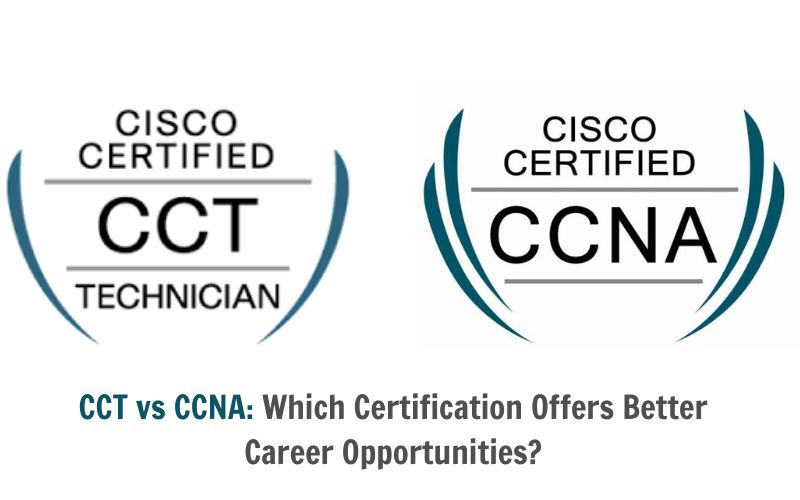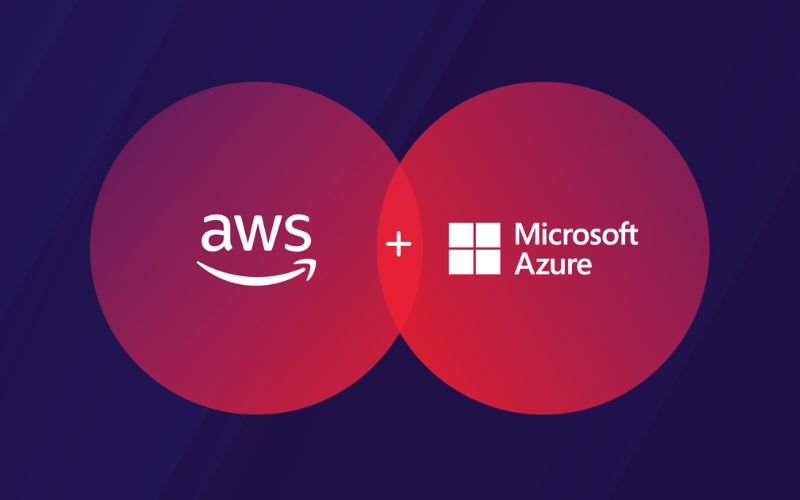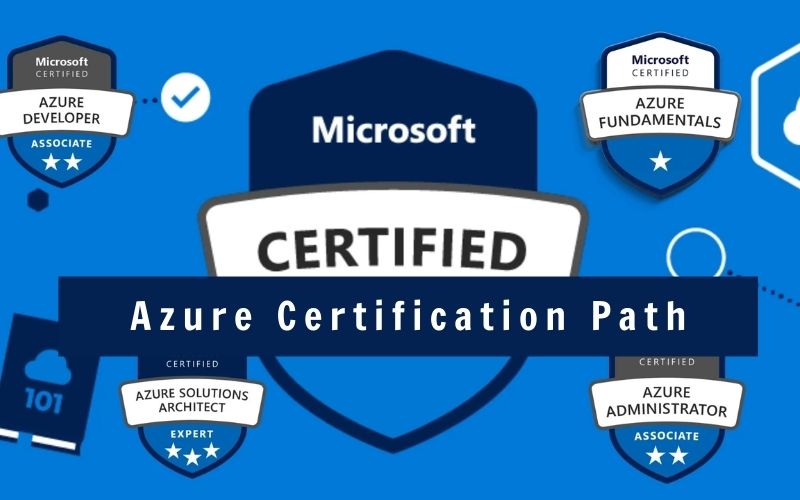What is SSCP?

The Systems Security Certified Practitioner (SSCP) certification is for cybersecurity practitioners who are responsible for monitoring information systems and responding to security issues. Becoming an SSCP can show potential employers that you have the technical abilities required to grow in your cybersecurity profession.
If you want to deal directly with an organization’s security, getting an SSCP might be an excellent first step. It may be especially appealing if you have a year or two of job experience in cybersecurity or have recently graduated from a cybersecurity or computer science degree program.
What is CISSP?

Professional in Information Systems Security Certification The prestigious CISSP certification validates security professionals’ knowledge and skills in ten key areas, including access control systems, business continuity planning, disaster recovery planning, physical security, operations security, management practices, and telecommunications and networking security.
The CISSP certification covers a wide range of topics, including cryptography, security architecture, application and system development, law, investigation, and ethics. Obtaining the CISSP certificate is a big step forward in one’s career in cybersecurity. It exhibits skill in building, executing, and maintaining very comprehensive cybersecurity strategies that can be trusted.
On this website, we have released hundreds of free CISSP practice exam questions to help you familiarize yourself with the test format. Check it out!
What Are The Similarities Between SSCP vs CISSP?
Although the content and format of the examinations, as well as the accompanying expenses, varies, there are noticeable parallels across these certificates. (ISC)²’s SSCP and CISSP certification programs provide substantial benefits to security professionals. Furthermore, they have a three-year lifespan and comparable renewal requirements. Members must also pay a $125 Annual Maintenance Fee (AMF) regardless of whether they possess one or both qualifications.
It is critical to go more into the nuances of SSCP vs CISSP in order to better comprehend their distinct characteristics and benefits. Security professionals may make educated selections about which certification best corresponds with their career objectives and aspirations by researching their individual fields of expertise, test styles, and fees.
SSCP Exam Details

Exam format and structure
The Systems Security Certified Practitioner exam is a computer-based test consisting of 125 multiple-choice questions. The exam is designed to test the knowledge of individuals in seven domains of cybersecurity, including access controls, security operations, cryptography, network, and communications security, risk identification, monitoring and analysis, and incident response and recovery. Candidates have three hours to complete the exam, and the passing score is 700 out of a possible 1000 points.
Exam prerequisites
To be eligible for the SSCP certification exam, candidates must have a minimum of one year of cumulative, paid full-time work experience in one or more of the seven domains of the SSCP Common Body of Knowledge (CBK). Alternatively, candidates may qualify for the exam with a bachelor’s or master’s degree in a cybersecurity-related field or through a combination of education and experience. Candidates are also required to agree to the (ISC)² Code of Ethics and provide an endorsement from another (ISC)² certified professional.
Exam content and domains
The SSCP exam covers seven domains of cybersecurity, including:
- Access Controls
- Security Operations and Administration
- Risk Identification, Monitoring, and Analysis
- Incident Response and Recovery
- Cryptography
- Network and Communications Security
- Systems and Application Security
Each domain covers specific topics, and the exam is designed to test candidates’ knowledge and understanding of each domain.
Cost and maintenance requirements
The cost of the SSCP exam varies depending on the candidate’s location and membership status with (ISC)². The standard exam fee for non-members in the United States is $250, while members pay $175. Outside the US, the fee may be higher due to exchange rates and local taxes. Candidates who do not pass the exam on their first attempt are allowed to retake the exam for a reduced fee.
CISSP Exam Details

Exam format and structure
The Certified Information Systems Security Professional exam is a computer-based test consisting of 100-150 multiple-choice and advanced innovative questions. The exam is designed to test the knowledge of individuals in eight domains of cybersecurity, including security and risk management, asset security, security architecture and engineering, communication and network security, identity and access management (IAM), security assessment and testing, security operations, and software development security. Candidates have three hours to complete the exam, and the passing score is 700 out of a possible 1000 points.
Exam prerequisites
To be eligible for the CISSP certification exam, candidates must have a minimum of five years of cumulative, paid full-time work experience in two or more of the eight domains of the CISSP Common Body of Knowledge (CBK). Alternatively, candidates may qualify for the exam with a four-year college degree or an approved credential from (ISC)², plus four years of direct full-time professional security work experience. Candidates must also agree to the (ISC)² Code of Ethics and provide an endorsement from another (ISC)² certified professional.
Exam content and domains
The CISSP exam covers eight domains of cybersecurity, including:
- Security and Risk Management
- Asset Security
- Security Architecture and Engineering
- Communication and Network Security
- Identity and Access Management (IAM)
- Security Assessment and Testing
- Security Operations
- Software Development Security
Each domain covers specific topics, and the exam is designed to test candidates’ knowledge and understanding of each domain.
Cost and maintenance requirements
The cost of the CISSP test varies according to the candidate’s location and (ISC)² membership status. In the United States, the regular test price for non-members is $699, while members pay $599. The charge may be greater outside of the United States owing to currency rates and local taxes. Candidates who do not pass the test on their first try may repeat it for a reduced cost.
According to CISSP CPE requirements, candidates must obtain and submit 120 Continuing Professional Education (CPE) credits every three years, pay a yearly maintenance fee, and follow the (ISC)² Code of Ethics to keep their CISSP certification. Candidates may also be audited to validate their CPE credentials. Failure to satisfy these requirements may result in the CISSP certification being revoked.
Comparison Of SSCP vs CISSP Certification

Target audience and job roles
The SSCP certification is designed for professionals with one year of experience in cybersecurity who want to demonstrate their knowledge and skills in various security domains. This certification is suitable for roles such as security analysts, network security engineers, system administrators, and security consultants.
On the other hand, the CISSP certification is designed for more experienced professionals with at least five years of experience in two or more security domains who are responsible for managing security programs, policies, and procedures. This certification is suitable for roles such as security managers, security consultants, security auditors, and chief information security officers (CISOs).
Exam difficulty and requirements
The SSCP exam is generally considered to be less challenging than the CISSP exam. The SSCP exam has 125 multiple-choice questions, and candidates have three hours to complete it, while the CISSP exam has 100-150 multiple-choice and advanced innovative questions, and candidates have three hours to complete it.
In terms of requirements, the SSCP certification requires at least one year of experience in cybersecurity, while the CISSP certification requires at least five years of experience in two or more security domains. The CISSP exam also covers more domains and topics than the SSCP exam. However, both certifications require candidates to agree to the (ISC)² Code of Ethics and provide an endorsement from another (ISC)² certified professional.
Exam content and domains
The SSCP exam covers seven domains of cybersecurity, including:
- Access Controls
- Security Operations and Administration
- Risk Identification, Monitoring, and Analysis
- Incident Response and Recovery
- Cryptography
- Network and Communications Security
- Systems and Application Security
The CISSP exam covers eight domains of cybersecurity, including:
- Security and Risk Management
- Asset Security
- Security Architecture and Engineering
- Communication and Network Security
- Identity and Access Management (IAM)
- Security Assessment and Testing
- Security Operations
- Software Development Security
Both exams cover important cybersecurity topics, but the CISSP exam covers more domains and goes into greater detail.
Cost and maintenance requirements
The SSCP test is often less expensive than the CISSP exam. The normal SSCP exam price is $249 for members and $399 for non-members. keeping the SSCP certification is also less expensive than keeping the CISSP certification. Every three years, SSCP certification holders must obtain and submit 60 Continuing Professional Education (CPE) credits and pay an annual maintenance fee of $65 for members and $85 for non-members.
The cost of the CISSP test varies according to the candidate’s location and (ISC)² membership status. In the United States, the regular test price for non-members is $699, while members pay $599. To keep their CISSP certification, applicants must obtain and submit 120 Continuing Professional Education (CPE) credits every three years, as well as pay a $125 yearly maintenance fee.
Value and benefits of each certification
The SSCP certification is useful for entry-level and mid-level cybersecurity professionals who wish to show their knowledge and abilities in a variety of security disciplines. According to Glassdoor, those with the SSCP certification may make an average yearly income of USD 100,800.
The CISSP certification is widely regarded and sought after by experienced cybersecurity professionals in charge of managing security programs, policies, and procedures. According to PayScale data, the yearly average salary for CISSP specialists ranges from $80,540 for an Information Security Analyst to $110,451 for a Security Architect.
Read more >> CEH vs CISSP: Knowing The Differences
SSCP vs CISSP: Which Certification is Recommended?

The decision between SSCP vs CISSP is ultimately determined by the individual’s ambitions and aspirations. The CISSP is suitable for people looking to enhance their careers by moving into management roles, whilst the SSCP allows individuals to focus on technical areas. Obtaining a CISSP certificate also meets the whole experience requirement for the SSCP.
In short, selecting the appropriate certification is a critical choice that must be carefully considered. Here are a few things to think about to assist guide your decision-making process.
Your career path
Although both certificates are related to cybersecurity, the CISSP credential requires a broader and more complete understanding of many cybersecurity areas. It provides the door for cybersecurity specialists to eventually ascend to positions of management in charge of cybersecurity initiatives.
The SSCP certification, on the other hand, focuses on technical application. Although considered “entry-level,” the SSCP is designed for the technical practitioner. It covers how to incorporate, build, design, and apply security to technology.
One more important point to consider is depth and breadth: SSCP has more depth; CISSP has more breadth.
If you intend to get many certifications, the CISSP certification is likely to be the better option. This is due to the fact that certificates such as the SSCP, among others, are seen as extensions of the CISSP certification.
Your experience
It is significant to assess if you fulfill the eligibility requirements for both certifications. To qualify for the SSCP, candidates must have at least a year of cumulative, paid, full-time work experience in one of the seven domains. CISSP, on the other hand, needs five years of professional experience in at least two of the eight information security areas.

Your time
In fact, the SSCP certification provides a more clear path, with a purely multiple-choice test structure and fewer areas to study. Individuals typically need roughly 120 days of study time to prepare for the SSCP test. CISSP applicants, on the other hand, typically require 3-6 months to study for the test and finish the course.
The salary
When discussing remuneration, it is critical to examine the sorts of positions that these credentials might permit. The SSCP certification verifies a more modern skill set, therefore the related positions may pay less at the outset.
CISSP certification, on the other hand, verifies a broader variety of cybersecurity experience and can open doors to management roles with better compensation possibilities. However, if you are starting from an entry-level position, your CISSP certification salary may be much lower if you do not have the SSCP certification.
FAQs

Is the CCSP harder than CISSP?
The CCSP test is not more difficult than the CISSP since the CISSP is considered more difficult. They also claim that CISSP is more difficult to get and necessitates more in-depth knowledge than CCSP.
Should I get SSCP before CISSP?
For an entry-level individual, the SSCP credential is ideal. The CISSP credential, on the other hand, is intended for someone with professional experience who is ready to take on a leadership role. As a result, it is recommended that you obtain your SSCP certificate before your CISSP credential.
Is SSCP worth getting?
Is SSCP for beginners?
Can I take the CISSP exam online?
Can I take CISSP without experience?
Is CISA or CISSP harder?
Final Words
In conclusion, the ideal option is determined by your own career goals, the sector in which you work, and the precise job responsibilities you choose to pursue. Consider analyzing your long-term objectives and determining which certification best matches your planned professional path. Whichever certification you select, both SSCP vs CISSP provide considerable prospects for professional growth and progress in the ever-changing world of cybersecurity.
[Sassy_Social_Share]



